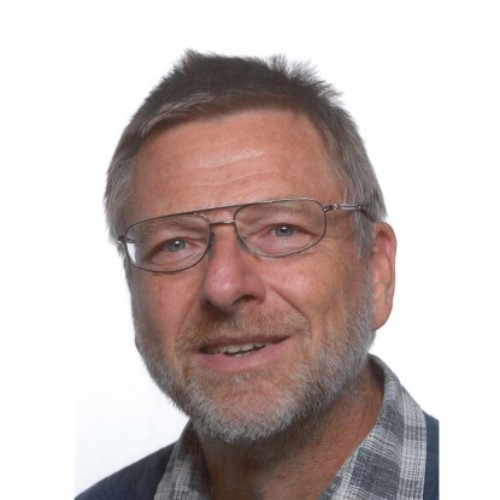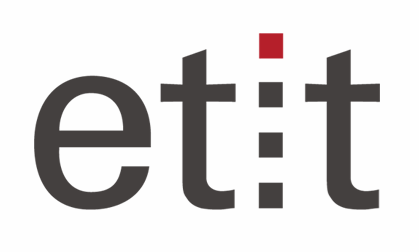Teaching and research at etit in transition
A conversation about 26 years at the TU Darmstadt with Professor Andreas Binder
2023/10/18 by Laurent Brune, sas
After 26 years, Professor Andreas Binder is taking his well-deserved retirement. We spoke with him about his time as a researcher and university lecturer at TU Darmstadt, about his experiences, major upheavals and changes, challenges and developments – and also dare to look into the crystal ball of the future with him.

Over the past 26 years, Professor Andreas Binder has not only had a significant impact on electrical energy conversion, but has also influenced the future of numerous students and researchers at TU Darmstadt. His commitment, passion and tireless dedication to teaching and research have left a deep impression.
The transformation of teaching and research in his department is an outstanding example of the innovative strength and pioneering spirit that characterises TU Darmstadt. The evolution from a single diploma programme to a wide range of Bachelor's and Master's programmes reflects the adaptability and desire to provide students with the best possible education.
Research challenges brought new insights and advances that reach far beyond the university. The willingness to adapt to the demands of funded projects has led to a variety of innovative research topics and promoted international cooperation. We spoke with him about his time as a researcher and university lecturer at TU Darmstadt.
Prof. Dr.-Ing. habil. Dr. h.c. Andreas Binder
Due to the rapid growth of the world's population and the associated challenges of supply, strong urbanisation, migratory movements, and the increasing life demands of many, a rapidly advancing mechanisation of our humanity is necessary in order to find suitable solutions for all of this.

Professor Binder leaves behind not only an expanded teaching offer and numerous research achievements, but also an inspiration for future generations of students and researchers. His words remind us that one possible approach to solving global challenges lies in technology and the natural sciences, and that commitment, curiosity and persistence are the keys to success.
We sincerely thank him for his outstanding work at TU Darmstadt and the Department of etit. His contributions will continue to inspire the university and the professional community for a long time to come and will continue to have a positive impact on the world of electrical energy conversion.
Always up-to-date with exciting news from the etit campus: Follow us on Instagram!
Recommended external content
We have selected external content from Instagram for you and would like to show it to you right here. To do this, you must reveal it with one click. You can hide the external content at any time with another click.
I agree to external content from X being shown to me. This may result in personal data being transmitted to third-party platforms. You can find more information in our Privacy Policy.



